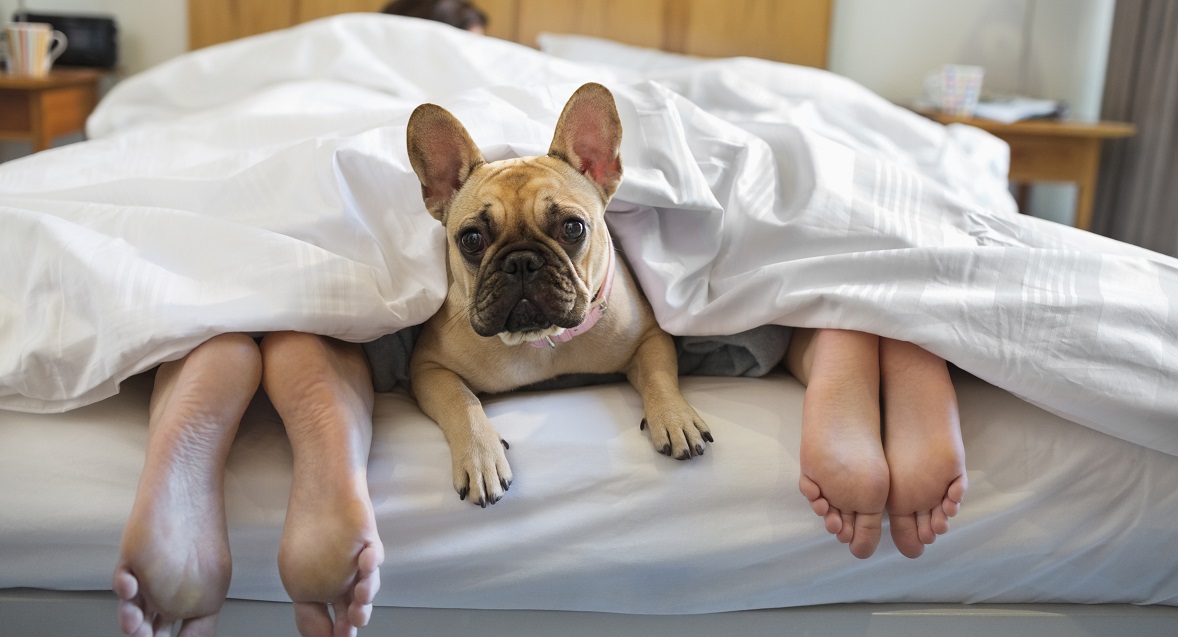
It’s not that your dogs and cats will spread disease to you. Instead, they could make it much more difficult to get a good night of quality restorative shut-eye.
Poor sleep can increase the risk for type-2 diabetes, high blood pressure, high cholesterol, heart disease, heart attack, metabolic syndrome, cognitive decline, and more.
A recent study suggests that dog and cat owners are less likely to get good sleep compared to those who don’t have them.
The researchers used data from a nationwide health survey conducted in 2005 and 2006, examining factors including feeling unrested, sleep duration, length of time to fall asleep, and how much sleep people were getting.
After controlling for variables affecting sleep, like marital status and age, they found that dog owners were more likely to have sleep apnea and other sleep disorders. They were also more reliant on sleep medications and woke up feeling unrested.
Cat owners were more likely to have leg jerks and snore. They were also more likely to have trouble falling and staying asleep. The difference may be that cats are more active at night.
Of course, there is a trade-off for having pets. They can provide a sense of companionship and security that may help with depression, stress, and anxiety.
It is important to note that the study does not prove that owning cats or dogs leads to poor sleep. It just shows that there is a connection. Further, the research did not specify that owners slept with their pets, just that they were in the house. However, it does stand to reason that those who slept with their pets in bed experienced more disturbances.
If you have a pet, it may be more important to practice good sleep habits. These can include keeping your bedroom cool, avoiding caffeine after 3 PM, staying away from alcohol in the evenings, and relaxing before bedtime.